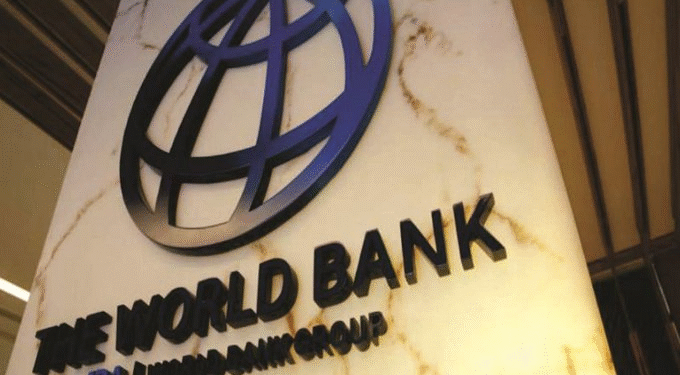The World Bank has approved $300 million in financing for the Internally Displaced and Host Communities Project (SOLID) to improve living conditions and economic opportunities for Internally Displaced Persons (IDPs) and their host communities in northern Nigeria.
In a statement on Monday, the Bank said the initiative will enhance access to essential services, foster resilience, and promote self-sufficiency in selected Local Government Areas through an integrated development approach aligned with Nigeria’s long-term goals.
Ongoing conflict and insecurity in the region have displaced more than 3.5 million people, placing immense pressure on local infrastructure and basic services. Many host communities now face resource shortages, reduced livelihood opportunities, and increased vulnerability to disasters such as flooding.
“Local governments are unable to fully address these challenges and meet the needs of both residents and displaced populations,” the Bank noted, adding that competition for scarce resources has heightened tensions in affected areas.

The SOLID Project will build on previous recovery initiatives, including the World Bank-supported Multi-Sectoral Crisis Recovery Project (MCRP), which focused on short-term emergency interventions.
Key priorities under SOLID include building and maintaining climate-resilient infrastructure, Promoting social cohesion through participatory development planning and economic cooperatives, supporting sustainable livelihoods for both IDPs and host residents and strengthening institutional capacity to respond to demographic shifts caused by displacement
World Bank Country Director for Nigeria, Mathew Verghis, said the project has “tremendous potential to help Nigeria address development challenges associated with protracted displacement sustainably.”
With an expected reach of 7.4 million people — including about 1.3 million IDPs — the project will be implemented through a community-driven, multi-tier government approach, in partnership with international stakeholders.
Task Team Leaders Fuad Malkawi and Christopher Johnson described SOLID as central to bridging the gap between humanitarian aid and long-term stability. “It will help displaced and host populations achieve sustainable economic outcomes while addressing infrastructure and service delivery gaps in overstretched communities,” they said.









